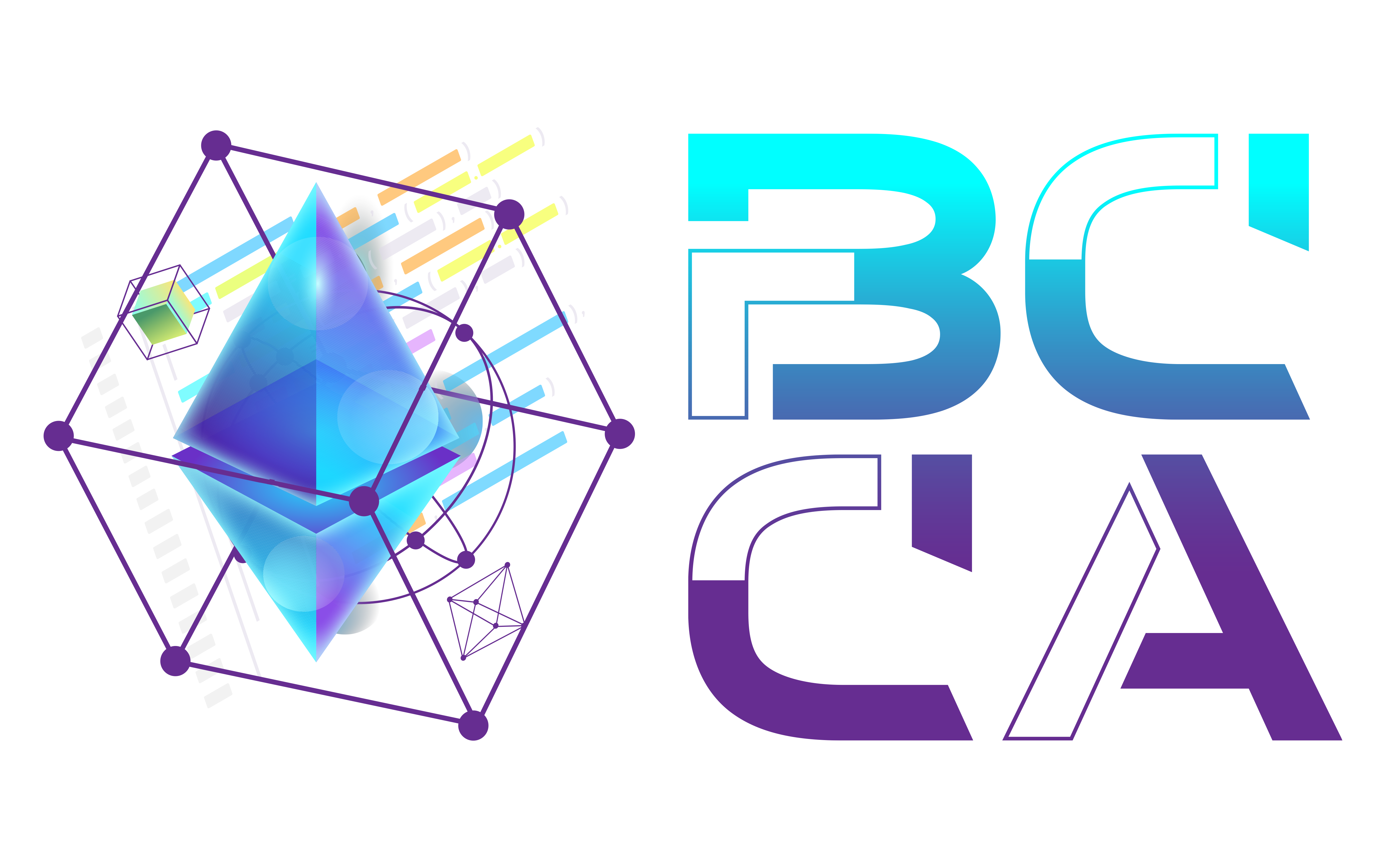Blockchain is a revolutionary technology in decentralized systems that enables secure decentralized transaction processing while ensuring data privacy and authenticity. It is now playing a significant role in several areas such the Internet of Things, supply-chain management, manufacturing, cyber-physical systems, healthcare systems, and much more. Unlike centralized transaction processing solutions, blockchain uses a distributed ledger mechanism to record data transactions on multiple devices, this will prevent data breach, identity theft, and a plethora of cyber-related attacks, in essence, leading to a sustainability in data privacy and security. This conference aims at to attract work of both researchers and practitioners in the area of cyber-security to share and exchange their experiences and research studies in both academia and industry in the field of blockchain.
Researchers are encouraged to submit original research contributions in all major areas, which include, but not limited to:
- Track 01: Large Language Models (LLMs) and Blockchain
- Integrating LLMs with blockchain data
- Enhancing data accuracy and trustworthiness for LLMs using blockchain
- BlockGPT: Real-time anomaly detection in blockchain transactions
- Natural Language Processing for blockchain bytecode and smart contracts
- LLMs for blockchain security analysis
- Embedding techniques for blockchain data in LLMs
- Ethical considerations in blockchain-based LLMs
- Track 02: Artificial Intelligence and Machine Learning
- Blockchain-based AI Applications
- AI and Robotics Technologies
- AI and Cloud Computing
- Economic Paradigms and Game Theory
- Blockchain in Machine Learning
- Distributed Knowledge Processing
- Human-Agent Interactions
- Deep Learning Applications
- Track 03: IoT and Cyber-Physical Systems
- Blockchain for IoT Applications
- Security for IoT and Cyber-Physical Systems
- IoT Architectures and Protocols
- Blockchain in Intelligent Manufacturing
- Applications in Industry 4.0
- Consensus Algorithms for Resource-Limited IoTs
- Energy Optimization Techniques
- Blockchain-based Wireless Sensor Networks (WSN)
- Software Defined Networks
- Track 04: Big Data and Analytics
- Blockchain in Data Management
- Data Fusion Techniques
- Blockchain Analytics and Data Mining
- Distributed Data Solutions
- Distributed Transactions for Blockchain
- Domain-Specific Blockchain Architectures
- Track 05: Security and Privacy on the Blockchain
- Authentication and Authorization
- Digital Forensics Applications of Blockchain
- Threat Intelligence Techniques
- Blockchain Security Challenges
- Attacks on Existing Systems
- Consensus Algorithms for Security Enhancement
- Quantum-Resistant Encryption
- Lattice-Based Cryptography
- Hash-Based Signatures for Blockchain
- Track 06: Metaverse and Digital Twin
- Blockchain in the Metaverse
- Applications of NFTs and Protocols
- Network Security Considerations
- Digital Twin Technologies
- Privacy Challenges in Digital Twins
- Consensus Algorithms for the Metaverse
- Track 07: IoT Network Security
- Security Mechanisms for IoT
- Device Authentication and Authorization Strategies
- Edge and Fog Computing Security Challenges
- Intrusion Detection Systems
- Secure Communication Protocols
- Threat Intelligence Sharing
- Track 08: Blockchain Research & Applications for Innovative Networks and Services
- Current Trends in Blockchain Technology
- State-of-the-Art Security Solutions for Smart Cities
- Blockchain in Connected and Autonomous Vehicles (CAV)
- Emerging Developments
- New Models and Technological Advances
- Implementation Challenges Facing Blockchain Technologies
- Performance Metrics and Evaluation
- Design and Modeling of Blockchain Systems
- Network Optimization Strategies
- Track 09: Quantum Computing and Blockchain
- Quantum-Resistant Cryptography
- Post-Quantum Cryptographic Algorithms
- Quantum Key Distribution (QKD) in Blockchain
- Quantum-Enhanced Blockchain Systems
- Quantum Random Number Generators for Node Selection
- Quantum-Byzantine Agreement Protocols
- Quantum Threats and Mitigation Strategies
- Impact on Current Encryption Methods
- Quantum-Safe Solutions for Existing Blockchains
There are three categories of submission (Overlength charges will be applied!):
- Main track:
- Long papers: (7-8 pages).
- Short papers: (5-6 pages).
- Poster papers: (2 pages)
- Special track:
- Short papers: (5-6 pages).
- Systemization of Knowledge (SoK): (10-15 pages) SoK papers evaluate, systematize, cluster, classify, and contextualize existing knowledge (Focused Surveys)
- Poster papers: (2 pages)
- Workshop papers:
- Long papers: (7-8 pages).
- Short papers: (5-6 pages).
- Poster papers: (2 pages)
